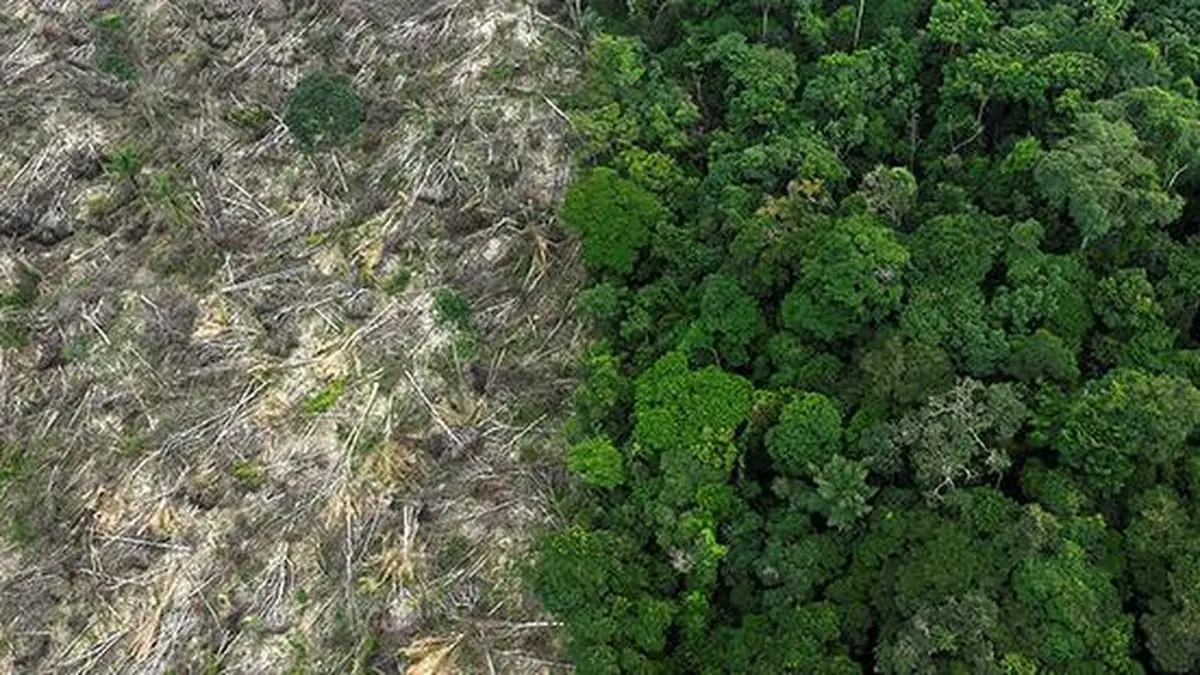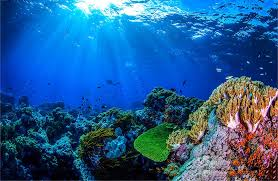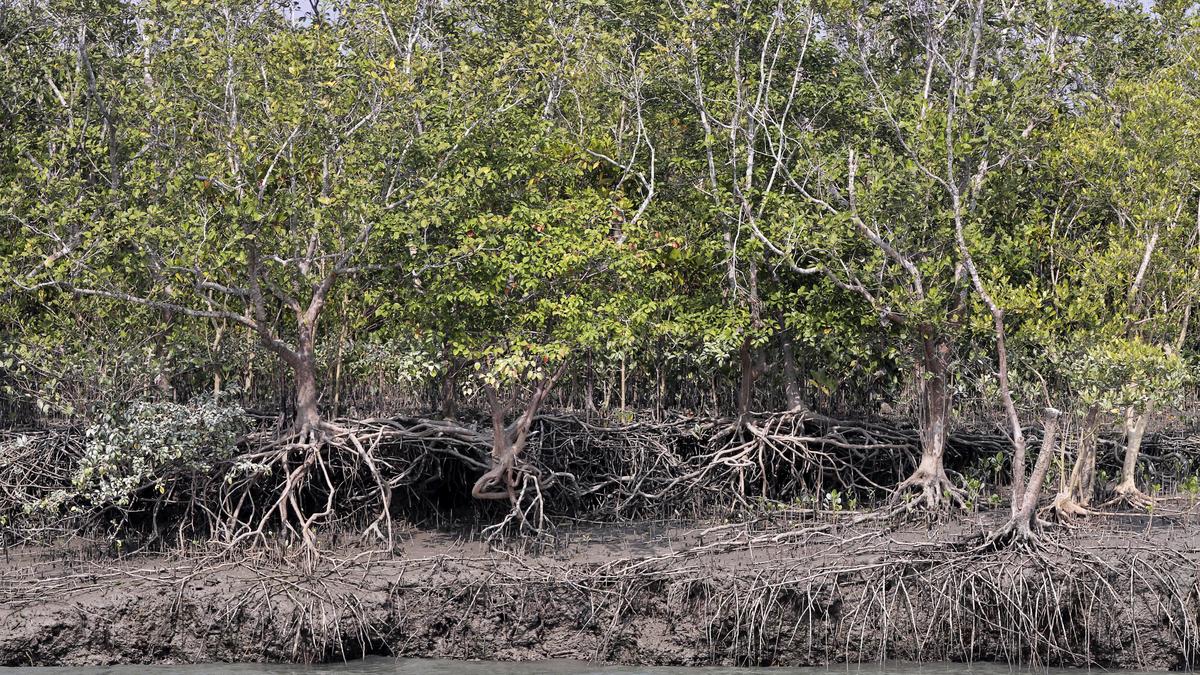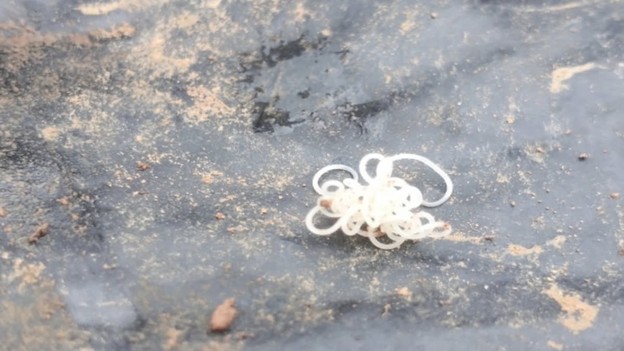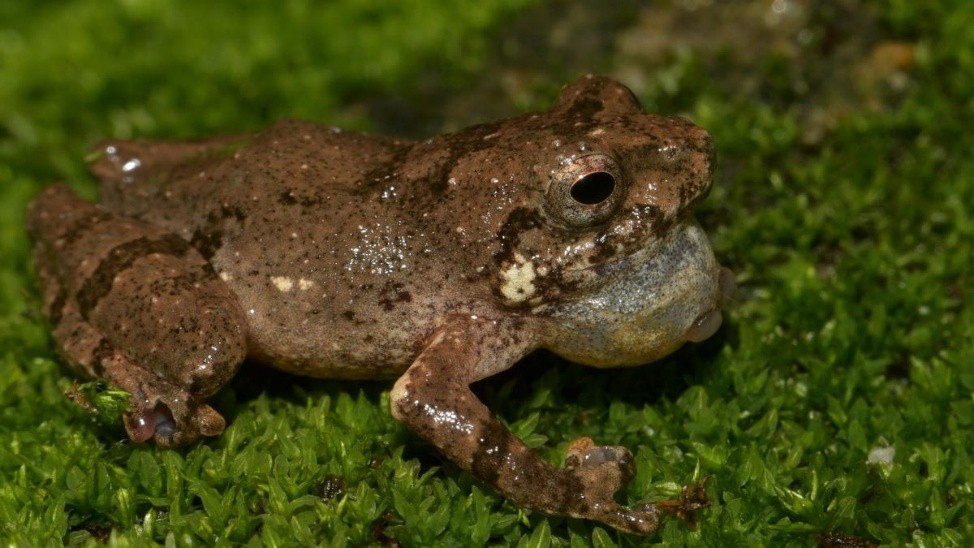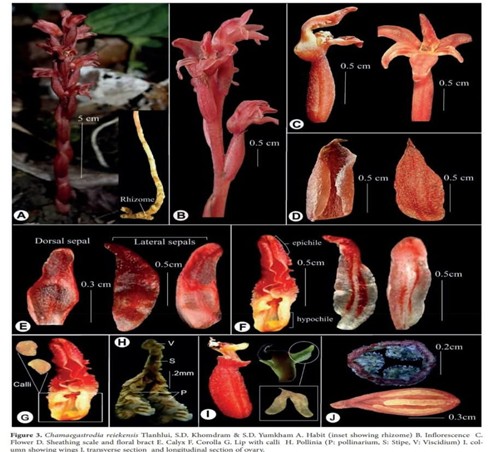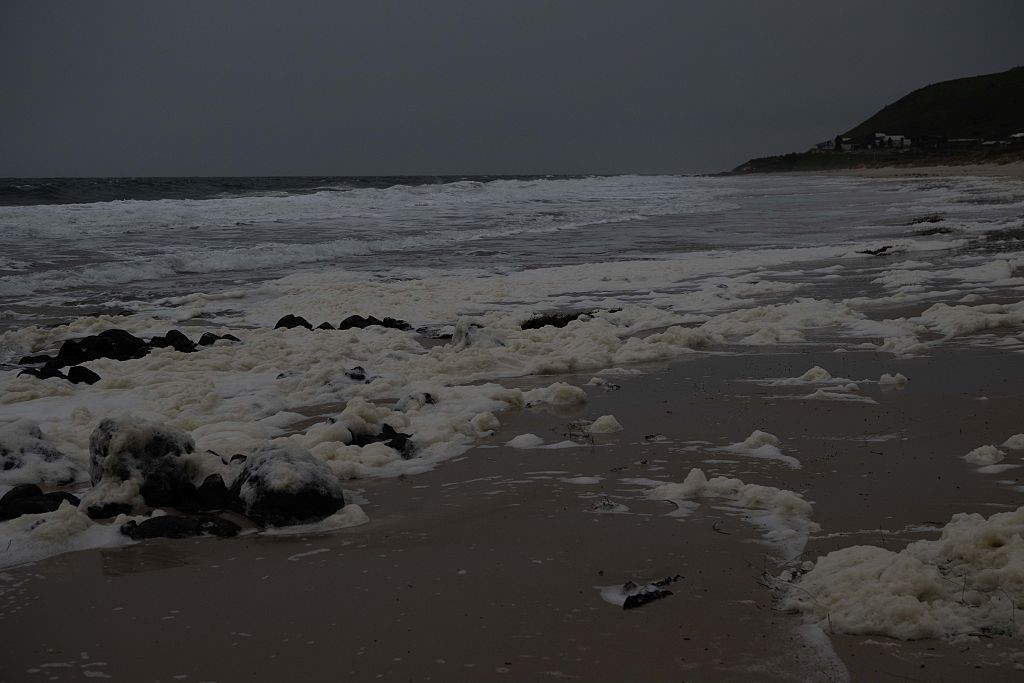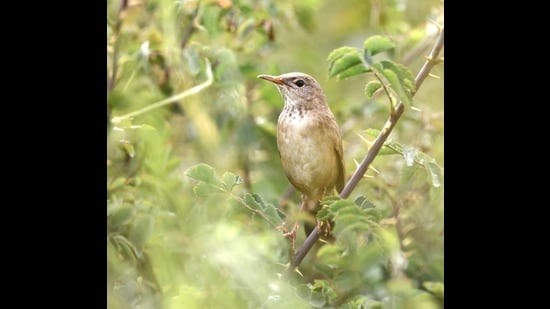Description

Disclaimer: Copyright infringement not intended.
Context
- According to the Schmidt Ocean Institute, a new Octopus nursery was discovered beneath waves of Costa Rica.
- This nursery is below the surface of the Pacific Ocean, over 2,800 meters beneath the sea surface, and is two miles long.
- The discovery is made by a team of 20 scientists.
Other details
- There are a total of three known octopus nurseries.
- Another active nursery was also spotted during expedition.
- Dorado Outcrop nursery was previously identified as a gathering site for deep-sea octopuses.
- However when it was first discovered in 2013, no developing embryos were found.
- One more nursery of octopuses is located off the coast of Monterey, California.
Significance of discovery
- It highlights the importance of ocean exploration and the biodiversity present in it.
- It also points to the fact that some species of deep-sea octopus, for brooding their eggs, seek out low-temperature hydrothermal vents.
- Octopus found here is believed to be a new species of Muusoctopus.
- Muusoctopus is a genus of small to medium sized octopus which does not have an ink sac.
- Five new seamounts and hundreds of animal, some of them are potentially new species, were seen

Octopus
- They are also known by their scientific name Octopus vulgaris.
- They are carnivore, eats Crabs, crayfish etc., and live up to 2 years.
- These are considered one of the most intelligent invertebrate animals and generally weigh in the range of 6.6 to 22 pounds.
- They have a soft body, 8 limbs and three functioning hearts.
- They vary in size, generally 12 inches to 26 inches and arm span can reach up to 14 feet.
- When threatened, they throw an ink type of fluid.
- Octopuses blend with their environment by changing their color to gray, brown, pink, blue, or green. This change of color is also used to communicate with other octopuses.
Habitat and distribution
- Generally found in all the ocean of the world
- They are found in all tropical, subtropical and temperate waters.
- Generally preferred habitat is shallow (not more than 200m deep), rocky, coastal waters.
- They can tolerate salinity of 30 and 45 grams per liter.
- Most favoured temperature range is 15/16 degree
Conservation Status
- As per IUCN Red list these common octopuses are listed as Least Concern.
|
PRACTICE QUESTION
A 95 percent of that ocean is completely unexplored. Why oceans are important to the planet? Also discuss the significance of exploration of oceans to the economy, biodiversity and science. (250 words)
|

https://www.hindustantimes.com/science/octopus-nursery-costa-rica-pacific-ocean-muusoctopus-101688272660639.html







